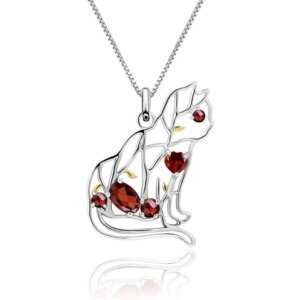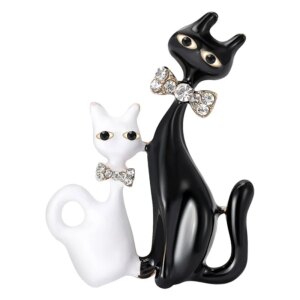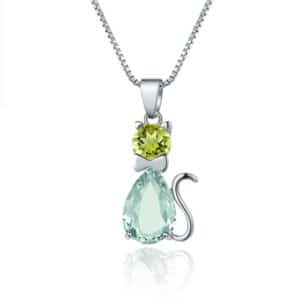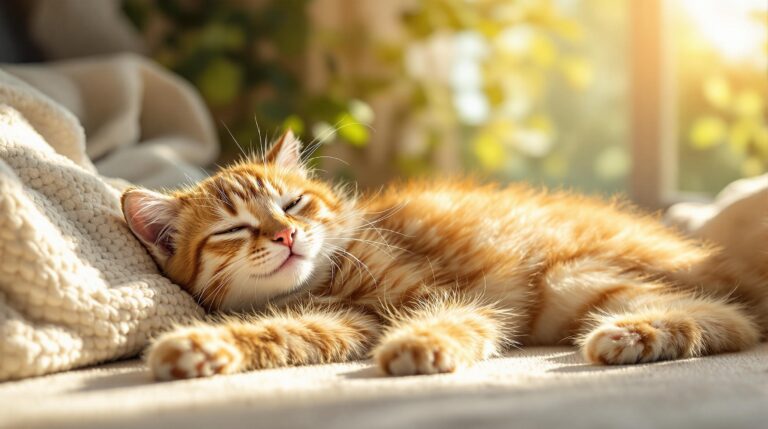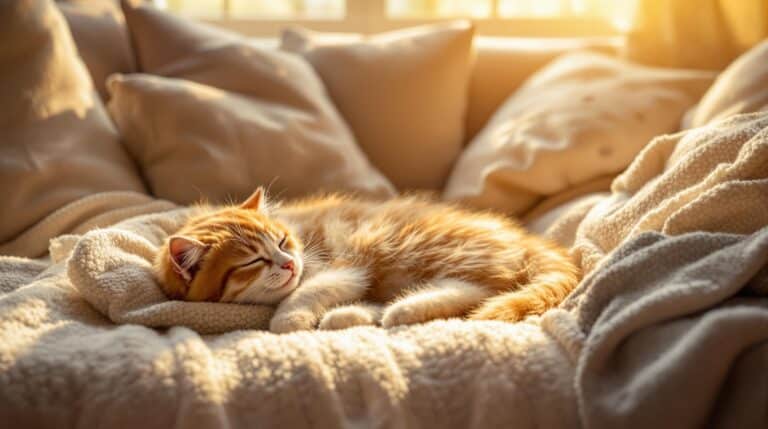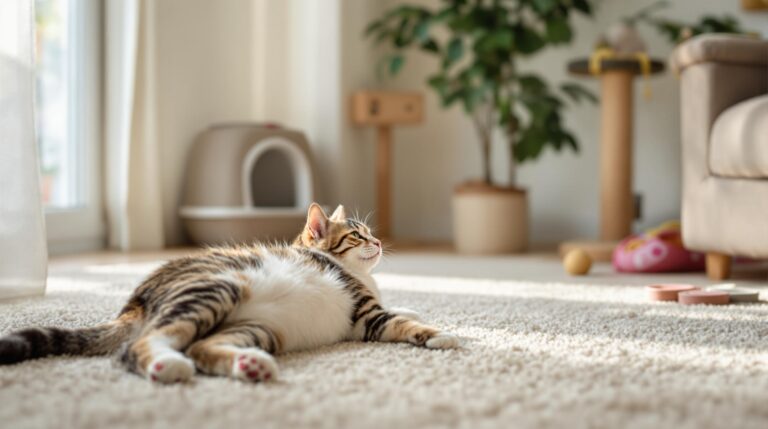Cats keep throwing up can be a concerning issue for pet owners. This article delves into the common causes of cat vomiting, such as dietary issues, hairballs, and underlying health conditions. We will explore how to identify the root cause, when to consult a vet, and practical steps to prevent and treat this issue. By the end, you’ll have a comprehensive understanding of why your cat might be throwing up and how to keep them healthy and happy.
Cats Keep Throwing Up: Common Causes
Dietary Issues
Dietary issues are one of the most common reasons why cats keep throwing up. Overeating, eating too quickly, and food sensitivities can all lead to vomiting. Cats may also throw up if they consume something that doesn’t agree with their digestive system, such as table scraps or spoiled food. To prevent this, it’s important to monitor your cat’s diet and ensure they are eating a balanced, high-quality cat food that is suitable for their age and health needs. If you need any advice on cat nutrition, feel free to contact us.
Hairballs
Hairballs are another frequent cause of cats keep throwing up. When cats groom themselves, they often swallow loose hair, which can accumulate in their stomach and form hairballs. These hairballs can cause irritation and blockages, leading to vomiting. Regular grooming can help prevent hairballs, and there are special hairball control diets available that can aid in reducing their occurrence. For more tips on cat care, check out our cat-themed jewelry and gifts.
Underlying Health Conditions
Underlying health conditions can also cause cats keep throwing up. Conditions such as kidney disease, liver problems, pancreatitis, and gastrointestinal issues can all contribute to vomiting. If your cat is throwing up frequently, it’s important to consult a vet to rule out any serious health issues. Early diagnosis and treatment can help manage these conditions and improve your cat’s quality of life. For more information on cat health, visit our website.
Stress and Anxiety
Stress and anxiety can also lead to cats keep throwing up. Changes in the environment, such as moving to a new home or the introduction of a new pet, can cause stress in cats. This stress can manifest in various ways, including vomiting. Creating a calm and stress-free environment can help reduce anxiety and prevent vomiting. Providing your cat with a safe and comfortable space, along with regular playtime and interaction, can also help alleviate stress. Follow us on Instagram for more tips on creating a stress-free environment for your cat.
Symptoms to Watch For
Frequent Vomiting
Frequent vomiting is a red flag that something might be wrong with your cat. If your cat is throwing up multiple times a day or several times a week, it’s important to monitor their symptoms and consult a vet. Frequent vomiting can be a sign of a more serious health issue, such as gastrointestinal disorders or metabolic problems. Your vet can perform diagnostic tests to identify the underlying cause and recommend appropriate treatment. If you need any assistance, you can reach us at (800) 343-1604.
Lethargy and Loss of Appetite
Lethargy and loss of appetite are common symptoms that accompany cats keep throwing up. If your cat is less active than usual, seems tired, or is not eating, it could be a sign of an underlying health issue. These symptoms can indicate a range of problems, including infections, dehydration, or organ dysfunction. It’s important to seek veterinary care if your cat is showing these signs, as prompt treatment can help prevent the condition from worsening. For more information, visit our Nature Inspired collection.
Dehydration and Weight Loss
Dehydration and weight loss are serious symptoms that can result from cats keep throwing up. Vomiting can lead to fluid loss, which can cause dehydration. Additionally, if your cat is not eating due to vomiting, they may lose weight. Both dehydration and weight loss can be signs of a more serious health issue and require immediate attention. Your vet can provide fluids and other treatments to help your cat recover and regain their strength. For more tips on cat health, follow us on Facebook.
Prevention and Management
Regular Grooming
Regular grooming is essential for preventing hairballs and reducing the risk of cats keep throwing up. Brushing your cat daily can help remove loose hair and prevent it from being swallowed. There are also special brushes and grooming tools designed to reduce hairballs. Additionally, using hairball control diets can help manage and prevent hairball-related vomiting. These diets contain added fiber to help move hair through the digestive system more efficiently. For more grooming tips, visit our Sterling Silver collection.
Feeding Smaller, More Frequent Meals
Feeding your cat smaller, more frequent meals can help prevent overeating and indigestion, which are common causes of cats keep throwing up. Large meals can overwhelm your cat’s digestive system, leading to vomiting. By dividing their daily food intake into several smaller meals, you can help your cat digest their food more effectively. This can also help manage conditions such as diabetes and obesity, which can contribute to vomiting. For more information, feel free to email us.
Monitoring Water Intake
Monitoring your cat’s water intake is important for preventing overdrinking and related health issues. Cats may drink excessive amounts of water if they have conditions such as kidney disease or diabetes. Overdrinking can lead to cats keep throwing up, especially if it causes their stomach to become distended. If you notice your cat drinking more water than usual, it’s a good idea to consult a vet to rule out any underlying health issues. Regular vet check-ups can also help monitor your cat’s overall health and catch any problems early. For more tips, visit our Cat Themed Jewelry page.
Creating a Stress-Free Environment
Creating a stress-free environment can help reduce anxiety and prevent cats keep throwing up. Cats are sensitive to changes in their environment, and stress can manifest in various ways, including vomiting. Providing your cat with a safe and comfortable space, along with regular playtime and interaction, can help alleviate stress. You can also use calming pheromone sprays or diffusers to create a more relaxed atmosphere. If your cat is showing signs of stress, it’s important to address the underlying causes and provide them with the support they need. For more stress-reducing tips, follow us on Pinterest.
When to See a Vet
Persistent Vomiting
Persistent vomiting is a serious symptom that requires immediate attention. If your cat is throwing up frequently or has been vomiting for more than 24 hours, it’s important to consult a vet. Persistent vomiting can be a sign of a more serious health issue, such as an obstruction, infection, or metabolic disorder. Your vet can perform diagnostic tests, such as blood work and imaging, to identify the underlying cause and recommend appropriate treatment. If you need any assistance, you can reach us at (800) 343-1604.
Severe Symptoms
Severe symptoms, such as difficulty breathing, lethargy, and loss of appetite, can indicate a serious health issue. If your cat is showing these symptoms in addition to vomiting, it’s important to seek veterinary care immediately. These symptoms can be signs of conditions such as pneumonia, heart failure, or poisoning. Prompt treatment can help prevent the condition from worsening and improve your cat’s chances of recovery. For more information, visit our website.
Emergency Situations
Emergency situations, such as vomiting blood or passing out, require immediate veterinary attention. Vomiting blood can be a sign of a severe health issue, such as ulcers, infections, or poisoning. If your cat is vomiting blood or showing other signs of distress, it’s important to take them to the vet as soon as possible. In an emergency, it’s better to err on the side of caution and seek professional help to ensure your cat receives the care they need. For more emergency tips, follow us on Twitter.
Comparison Table
Here is a comparison table to help you understand the common causes, symptoms, prevention, treatment, and when to see a vet for different types of cat vomiting:
| Feature | Hairballs | Bile | Food | Water | Foam |
|---|---|---|---|---|---|
| Common Causes | Excessive grooming, digestive issues | Empty stomach, liver problems, pancreatitis | Overeating, food sensitivities | Overdrinking, kidney issues, urinary tract infections | Ingestion of foreign objects, gastrointestinal issues |
| Symptoms | Coughing, retching | Yellow liquid, bitter taste | Undigested food, regurgitation | Clear liquid, frequent urination | White or yellow foam, coughing |
| Prevention | Regular brushing, hairball control diets | Feeding smaller, more frequent meals | Feeding smaller, more frequent meals | Monitoring water intake, regular vet check-ups | Regular vet check-ups, monitoring diet |
| Treatment | Over-the-counter hairball remedies, vet consultation | Medications, dietary changes | Adjusting diet, medications | Fluid therapy, medications | Medications, dietary changes |
| When to See a Vet | Persistent hairballs, difficulty breathing | Frequent vomiting, weight loss | Frequent vomiting, lethargy | Frequent vomiting, dehydration | Frequent vomiting, difficulty breathing |
Dot Point List
- Regular grooming to prevent hairballs and reduce the risk of cats throwing up
- Feeding smaller, more frequent meals to avoid overeating and indigestion
- Monitoring water intake to prevent overdrinking and related health issues
- Using hairball control diets to manage and prevent hairball-related vomiting
- Consulting a vet for persistent or frequent vomiting to rule out serious health conditions
- Providing a stress-free environment to reduce anxiety and related digestive issues
Popular Quote
“A cat has absolute emotional honesty; human beings, for one reason or another, may hide their feelings, but a cat does not.” – Ernest Hemingway
Statistical Fact
According to the American Veterinary Medical Association, approximately 50% of cats will experience vomiting at least once a month. While occasional vomiting is not necessarily a cause for concern, frequent or persistent vomiting can be a sign of a more serious health issue. It’s important to monitor your cat’s symptoms and consult a vet if you notice any changes in their behavior or health.
Three Tips for Managing Cats Keep Throwing Up
- Monitor Your Cat’s Diet: Ensure your cat is eating a balanced, high-quality diet that is suitable for their age and health needs. Avoid feeding them table scraps or foods that can irritate their digestive system.
- Regular Vet Check-Ups: Schedule regular vet check-ups to monitor your cat’s overall health and catch any potential issues early. Early diagnosis and treatment can help prevent more serious health problems.
- Create a Stress-Free Environment: Provide your cat with a safe and comfortable space, along with regular playtime and interaction. Use calming pheromone sprays or diffusers to help reduce stress and anxiety.
Popular Questions
What are the most common causes of cats keep throwing up?
The most common causes of cats keep throwing up include dietary issues, hairballs, underlying health conditions, and stress. Monitoring your cat’s diet, grooming habits, and environment can help prevent these issues.
How can I prevent my cat from throwing up hairballs?
To prevent hairballs, regularly groom your cat to remove loose hair and use hairball control diets. These diets contain added fiber to help move hair through the digestive system more efficiently.
When should I take my cat to the vet for vomiting?
If your cat is throwing up frequently, showing signs of lethargy, loss of appetite, or dehydration, it’s important to consult a vet. Persistent vomiting can be a sign of a more serious health issue, and early diagnosis and treatment are crucial.
What can I do to reduce my cat’s stress and anxiety?
Create a calm and stress-free environment for your cat by providing a safe and comfortable space, regular playtime, and interaction. Use calming pheromone sprays or diffusers to help reduce stress and anxiety.
Final Thoughts About Cats Keep Throwing Up
Understanding why your cat keeps throwing up is crucial for their health and well-being. By identifying the root cause, taking preventive measures, and seeking professional help when needed, you can ensure your feline friend stays happy and healthy. If you have any concerns or need further assistance, don’t hesitate to contact us or explore our range of cat-themed jewelry and gifts at Cat Karma Creations. Visit our website to find excellent gifts for cat lovers and follow us on social media for more tips and updates.


